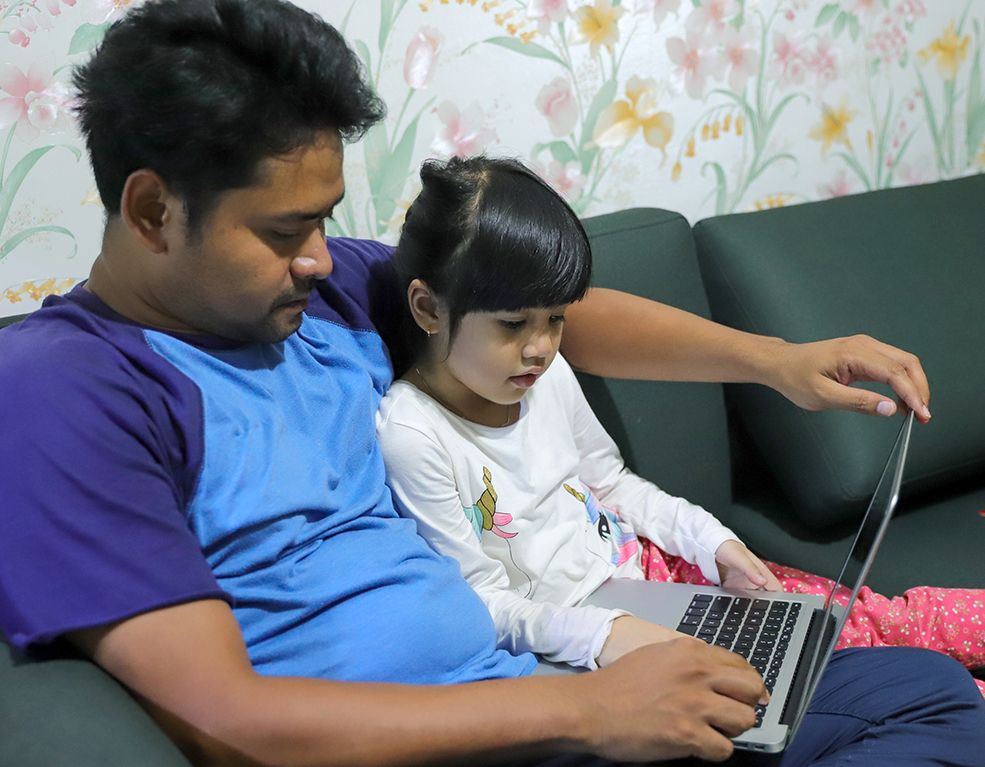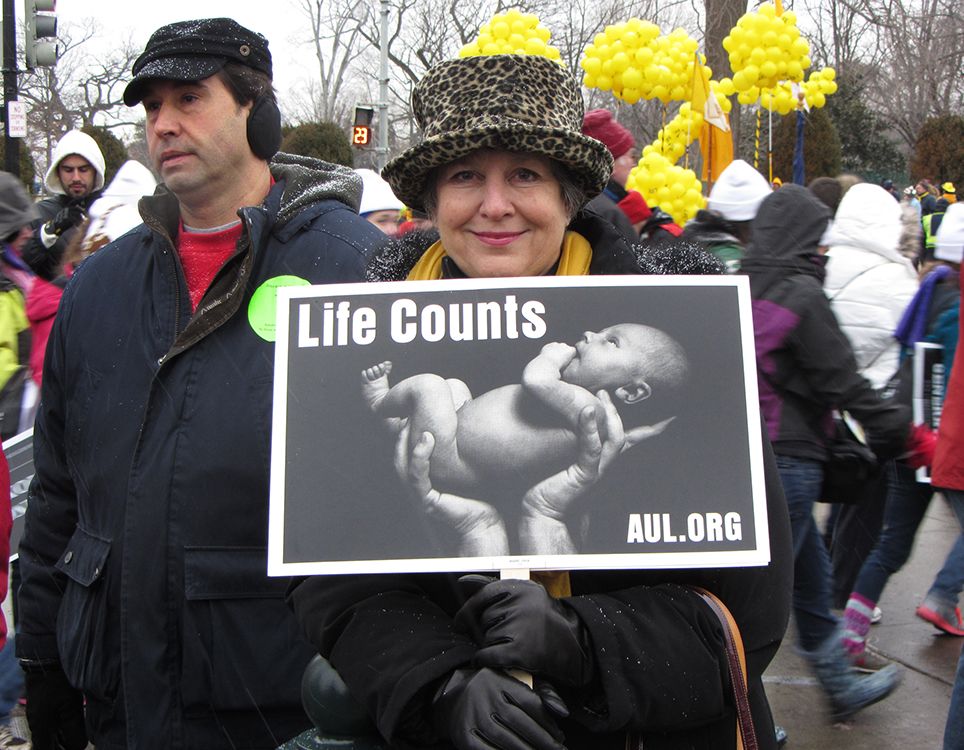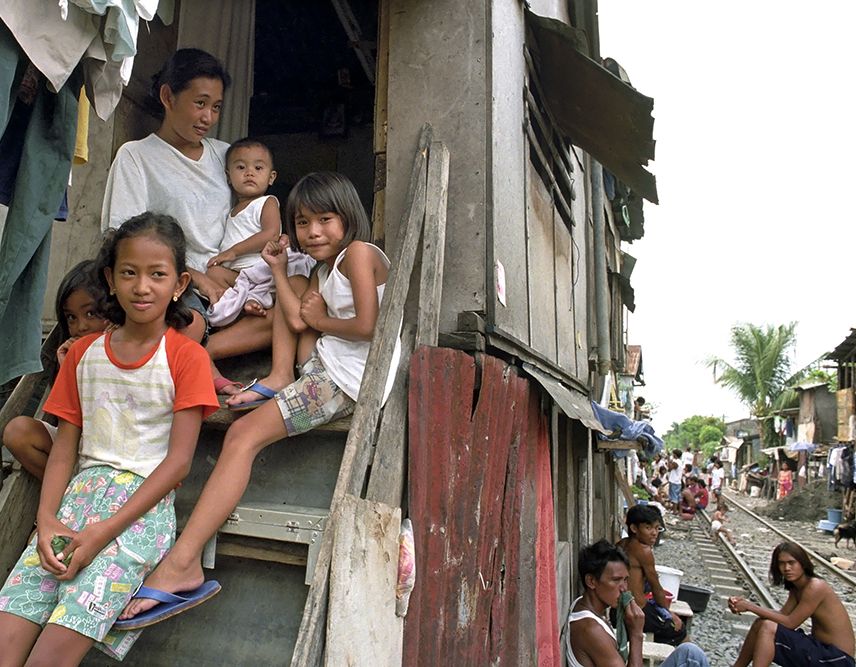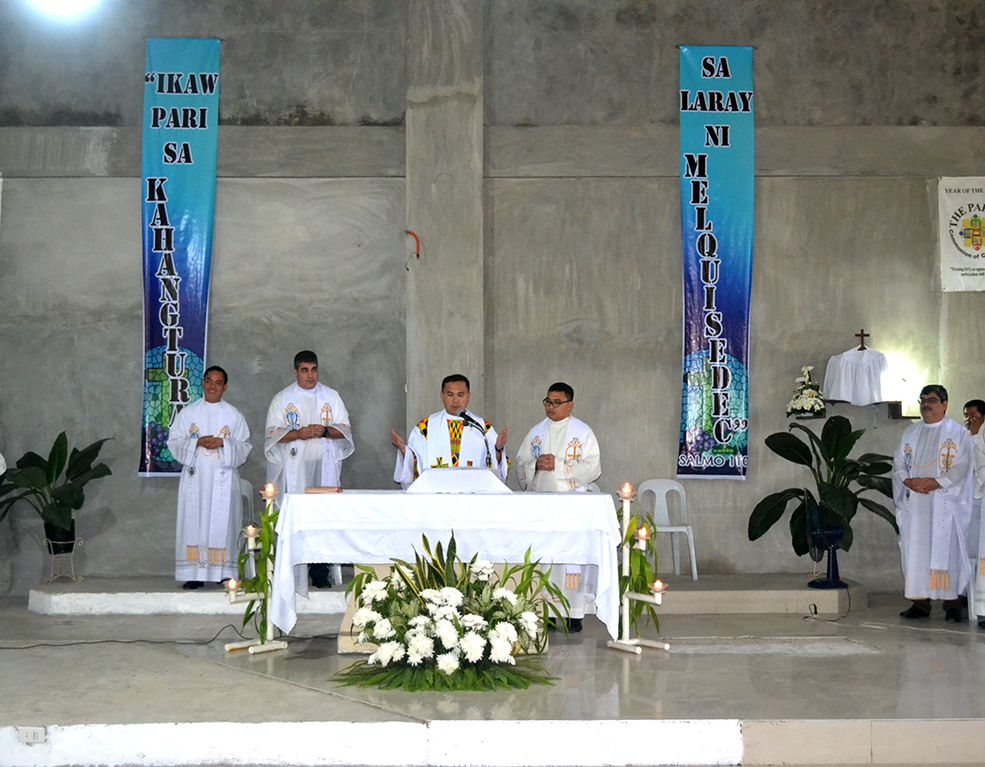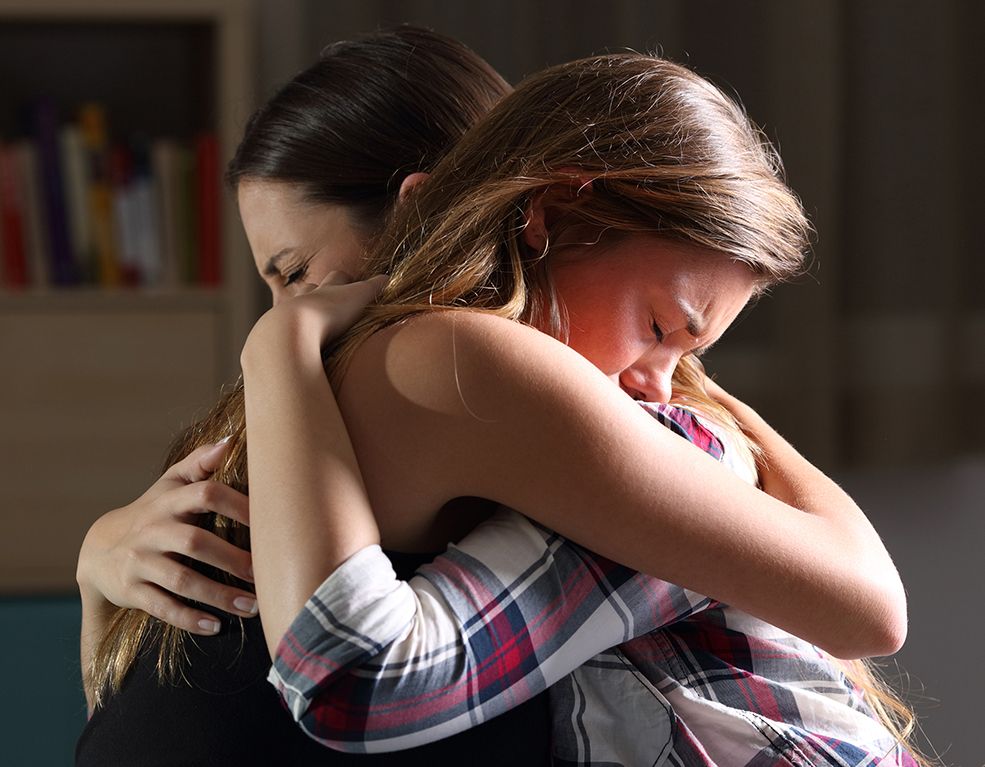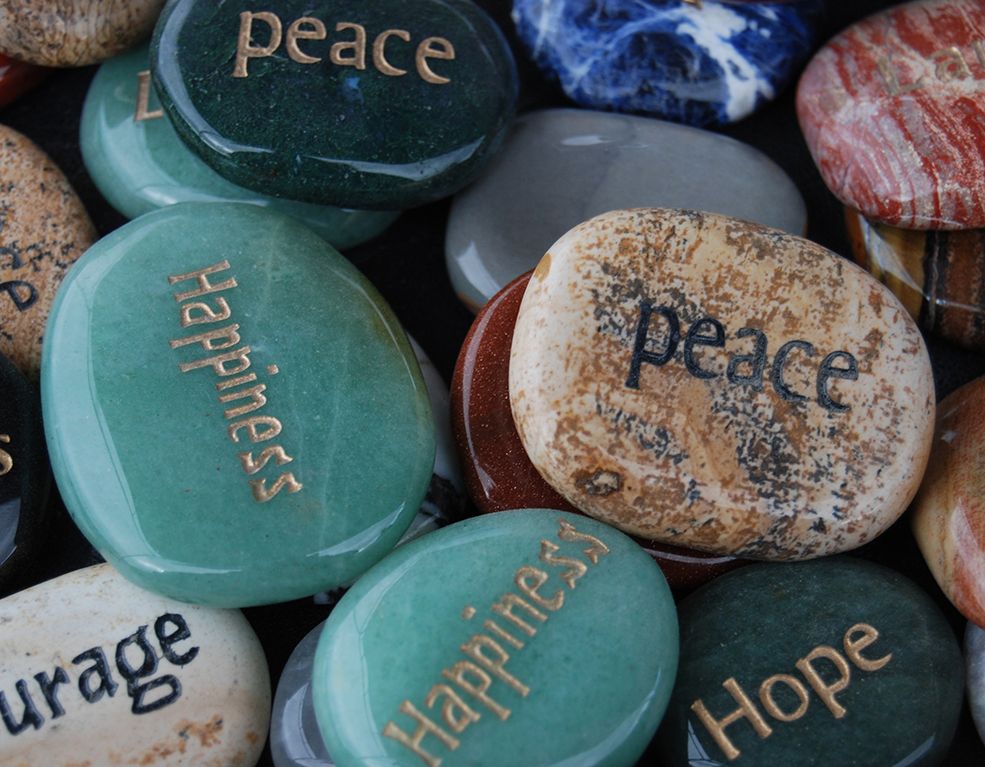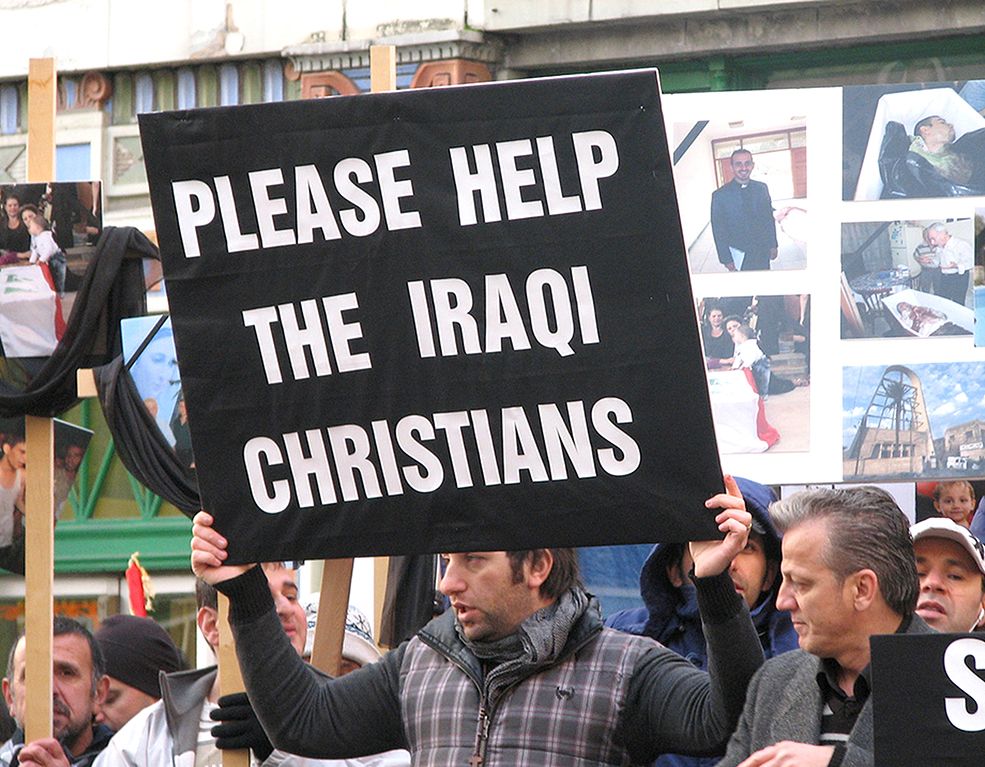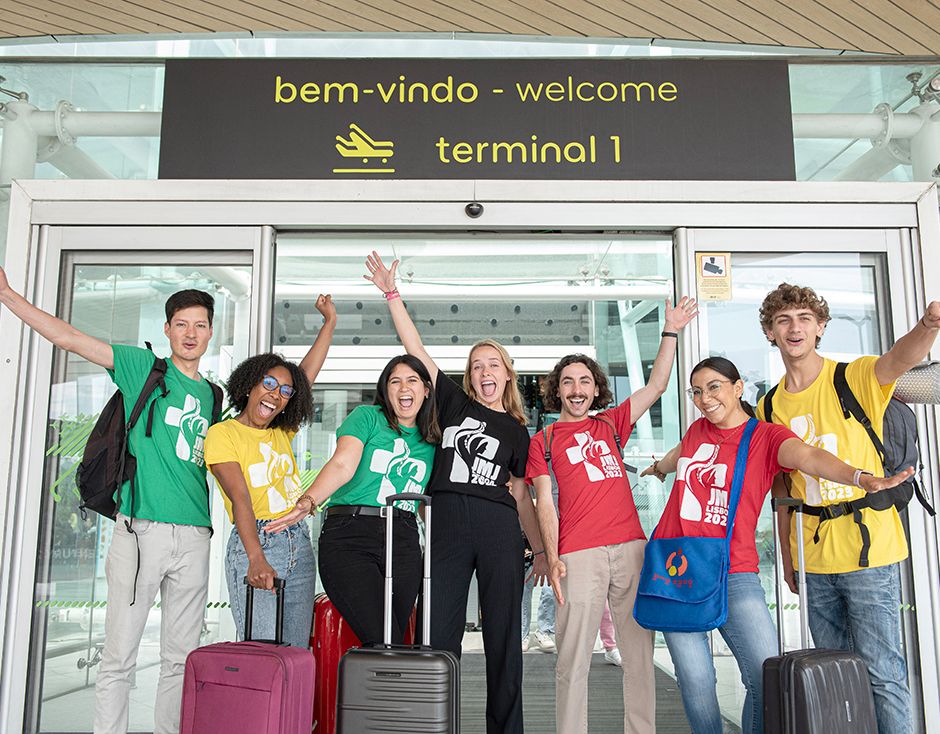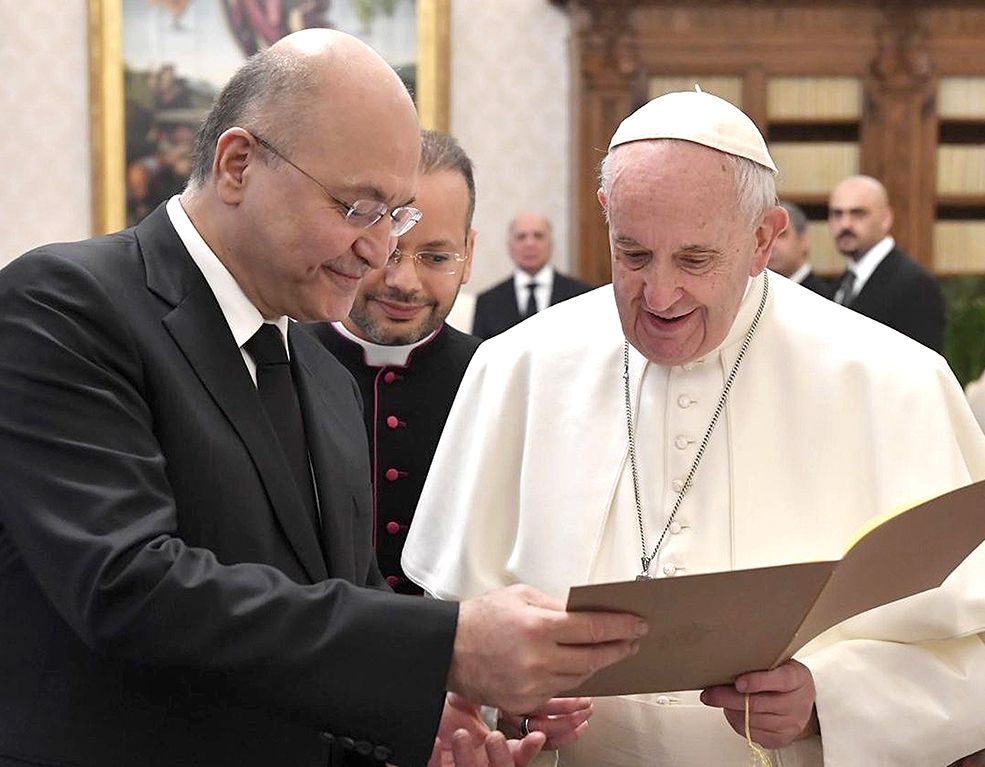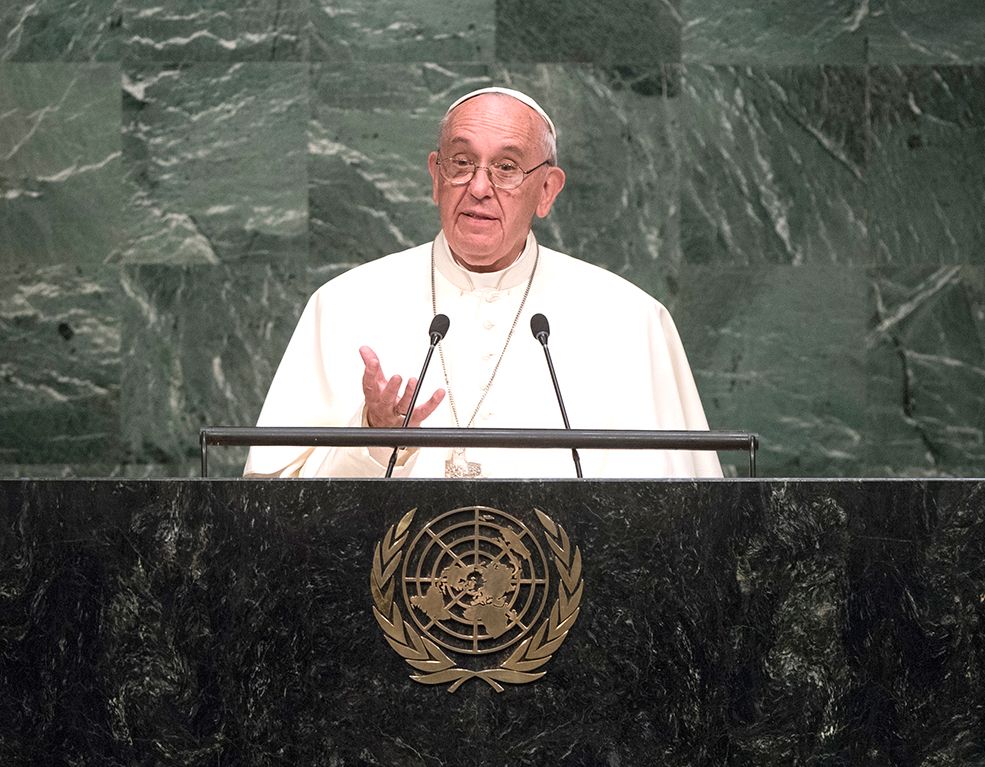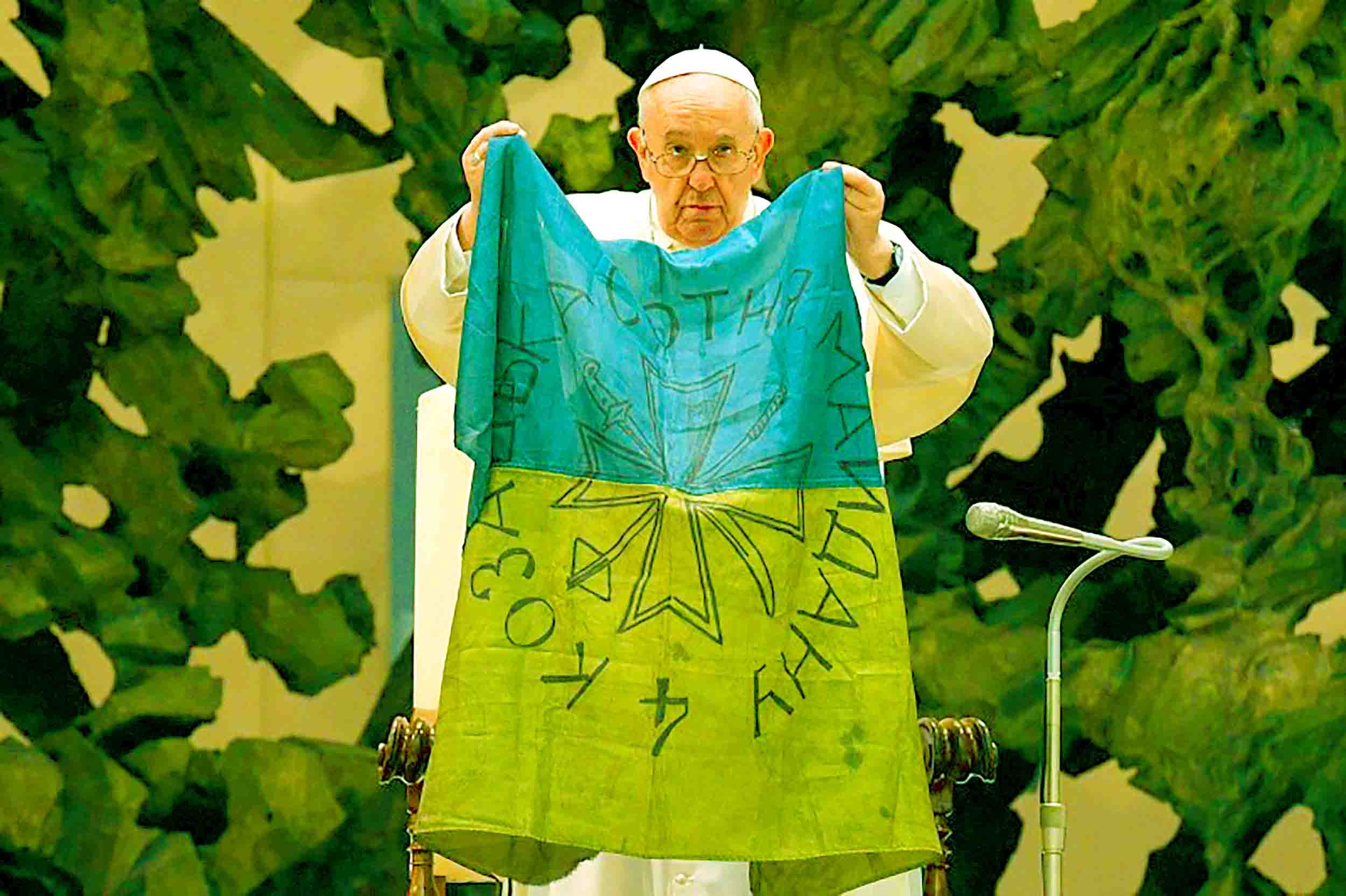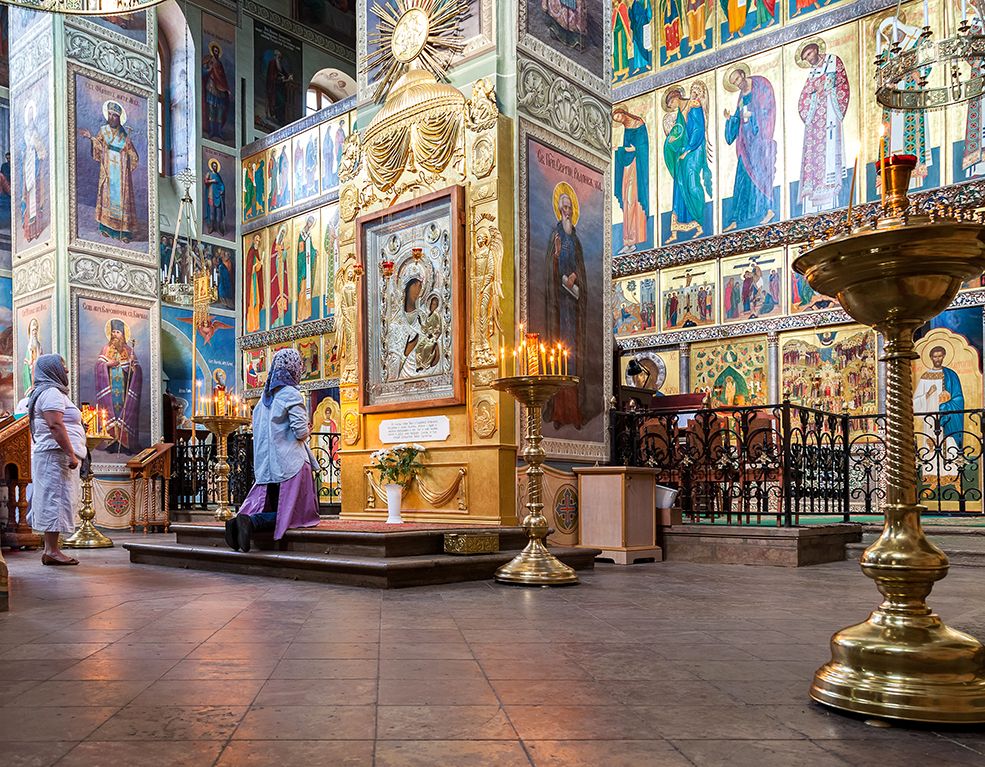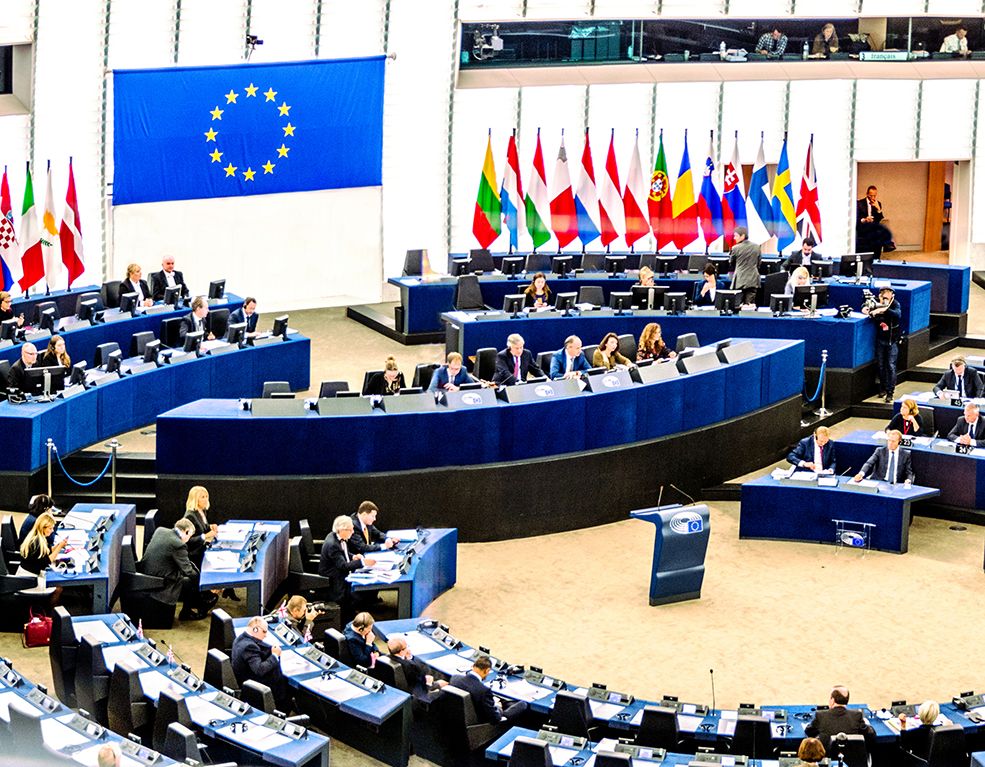In 2019, before the pandemic, more than 13 million tourists visited the country, and it seems likely to think that many of them returned home with the idea that they knew every detail, every riddle and hieroglyph inscribed in the ancient country of the pharaohs. However, when a tourist in Egypt asks about the current situation of the Coptic Christians, the answer of the locals seems to be taken from a script and rarely varies.
They assure us that they coexist without problems, almost like kings, with full rights and freedoms as any other Egyptian does, and they affirm with patriotic pride that the country is a secular state and that, therefore, the situation of its citizens does not vary greatly regardless of the religion they profess.
So it would be necessary to dig, take one foot out of the tourist spots circuit, ask fewer questions, and observe with greater intensity to know the situation that Coptic Christians live in since the Arab revolts of 2011.
The term Coptic comes from Greek whose literal meaning is “Egyptian,” and it was used in previous centuries to designate all Egyptian people, regardless of the religion they professed. Today in Egypt, the Coptic (Christian) population is divided into Catholics and Orthodox, the latter being a large majority, of about 9.5 million inhabitants, about 10% of the country’s population. In order to know the real situation of the Copts in the 21st century, it is essential to make a journey from the outbreak of the Arab revolts in 2011 until today.
A New Beginning
The long governments of Gamal Abdel Nasser and Hosni Mubarak were characterized by conditional and certainly capricious support from Muslim societies, which became key allies in maintaining power in Egypt. The use of a nationalist Islam, with political and ideological bases firmly grounded in the Muslim religion, was of great use to the authoritarianism that ran the country during the second half of the 20th century and the first decade of the 21st century.
In this way, Muslim societies allowed the two leaders to hold on to power for decades while the presidents granted Muslims a series of privileges that no other religious group enjoyed. This allowed the power and influence of groups such as the Muslim Brotherhood to grow, which would later play a key role in Egyptian politics and the situation of Coptic Christians.
With the advent of the Arab uprisings, the Egyptian political map began to take on a new shape, the basis of which still holds today: those who participated in the demonstrations against the Mubarak government later took a piece of the electoral pie; those who preferred to stay on the sidelines simply lost their seat in power.
Five groups took the lead in the revolts: the youth (mostly Muslims), the Kifaya group (Nasserists, Muslims, and Marxists), the April 6 Movement (a group of Muslim youth), the National Association for Change (a hodgepodge of undefined ideologies), and the Muslim Brotherhood (an Islamist organization now classified as terrorists by the Egyptian government).
Although the coming together of these five groups led to the fall of President Mubarak after decades of repression, and their initial objectives were applauded by the international community, it should not escape notice that not a single one of the organizations included among their demands the improvement of the situation of Coptic Christians, and the values of Christianity were nowhere to be seen.
Although the Copts were initially present in the demonstrations against the Mubarak government and had a presence in both the Kifaya group and the April 6 Movement, they did not obtain electoral results, which reaffirmed their exclusion within Egyptian society.
The Muslim Brotherhood
Of the five parties that ran in the 2011 parliamentary elections after the fall of Mubarak, two of them were Islamist, and they were the big winners. None of them included even hints of the Coptic ideology.
The exclusion of Coptic Christians from political life in Egypt is evident despite the fact that they make up 10% of the population. Although the Coptic minority has been part of some independent or own candidacies in the last electoral processes, their result at the polls has not been as expected. In fact, in 2011, three-quarters of the Parliament belonged to Islamist movements and a quarter to secular nationalist movements.
Outside of politics, the U.S. organization Open Doors, in its World Watch List 2021, placed Egypt 16th in its global ranking of persecution of Christians. According to the report, which lists the 50 countries with the highest level of religious persecution worldwide, although the Egyptian government speaks positively about its Christian community, the lack of law enforcement and the unwillingness of local authorities to protect Christians leaves them vulnerable to all kinds of attacks.
Let’s go back to 2012, the first year of Egyptian democracy in recent decades. Let’s focus on Egypt’s first democratically elected president, Mohammed Morsi, leader of the Muslim Brotherhood, and take a look at the constitution adopted during his tenure.
On the identity of the State it was specified that “the Egyptian nation is part of the Arab and Islamic nations,” and on religion, it was maintained that “Islam is the official religion of the State,” while “the principles of the Sharia are the main source of legislation,” although Morsi later specified during a speech that respect for the rights and freedoms of all citizens would be maintained. He also promised that a woman and a Copt would be part of his government, a promise he never kept.
After the rule of Mohammed Morsi, which ended with the coup d’état organized by the Army in July 2013, the Egyptian people bet on reorganizing the political landscape with a view to real integration of minority groups, freedom and human rights, and the Islamic deradicalization of the Muslim Brotherhood government.
We can find a clear example of how the situation became untenable for the Copts during the clashes stemming from the coup between the uprising and Morsi’s supporters. At that time, as reported by USA Today, up to 40 Coptic churches were stormed and looted by groups linked to the Muslim Brotherhood.
Rights Regained
At the end of June 2013, numerous Egyptians in the streets called for the end of the Muslim Brotherhood government, something that became a reality a few days later on July 3, with the coup d’état and the seizure of power by an interim government led by el-Sisi.
Since then, the stance of subsequent governments has been much kinder to the Copts compared to their conditions during the Muslim Brotherhood period, although in reality, this has been more of a cosmetic operation as attacks against this community have continued.
The Egyptian state then established new bases of citizenship, which stipulate that all citizens have equal rights and are treated equally, that religion is God’s, and that the homeland welcomes all. Also, some of the demands of Christians that remained pending for years have been met, such as the state’s contribution to the reconstruction of churches burned by terrorists– in response to Al-Sisi’s coup that ended Morsi’s government–on August 14, 2013, the promulgation of regulations for the construction and restoration of churches in 2016, as well as President Abdelfatah el-Sisi’s interest in congratulating Christians on their holidays.
The government has so far authorized the legalization of the status of 1,800 churches and adjacent service buildings. The Constitution adopted in 2014, while still considering Islam as a state religion, guarantees freedom of belief which would provide some protection for religious minorities in the country.
However, there is still a long way to go until Coptic Christians live in an effectively egalitarian society. Apart from the reduced government policies, Muslim society is still very much detached from Christian society, and proof of this is not only the attacks that the Coptic community has been suffering since the overthrow of Morsi.
It’s not easy being a Copt in Egypt. A visit to the Coptic quarter in Cairo, strongly protected by military and police forces, fenced, enclosed, and locked in its streets, is enough to understand their situation. In this neighborhood, we reach the end of this tour. We observed the protagonists of our story there, in a state of semi-freedom controlled by the government, fearful of making a false step. Attacks on Copts have, since 2016, resulted in the deaths of 140 Christians.
In 2016, in an explosion of sectarian violence, an elderly Coptic woman was vexed and dragged naked through the streets of Karm. Her attackers were never convicted. There were also two attacks against the Coptic Christian community on April 9, 2017, coinciding with the celebration of Palm Sunday. The assaults were claimed by the Islamic State and resulted in at least 53 dead and 204 wounded.




